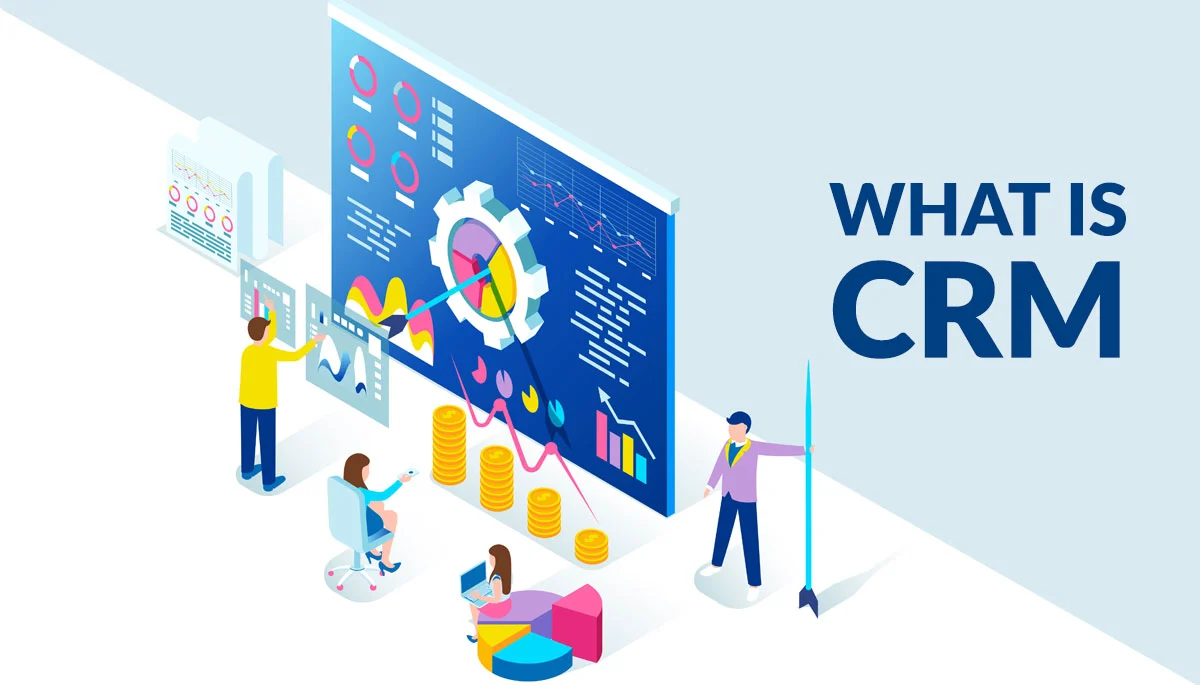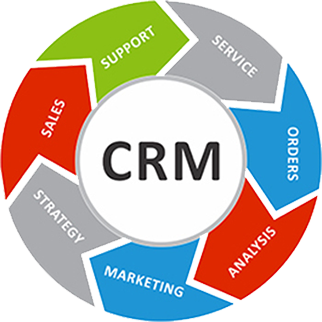Why CRM is so Important for your Business?

What is CRM?
Customer relationship management (CRM) is a strategic approach that helps organizations manage their interactions with customers and potential customers. It involves using technology and data to understand customers' needs and preferences, and to improve customer satisfaction and loyalty. In this blog, we will discuss the importance of CRM and answer some commonly asked questions about it.
Q: What is the importance of CRM for businesses?
A: CRM is important for businesses for several reasons. Firstly, it helps organizations to understand their customers better, which in turn helps them to provide better customer service and support. This leads to higher customer satisfaction, which can result in increased customer loyalty and repeat business. Secondly, CRM helps businesses to identify potential sales opportunities, which can lead to increased revenue and profitability. Finally, CRM can help businesses to improve their marketing efforts by enabling them to target specific customer segments with personalized messages and offers.
Q: What are the key benefits of CRM?
A: The key benefits of CRM include:
-
Improved customer satisfaction: CRM enables businesses to understand their customers' needs and preferences, which helps them to provide better service and support.
-
Increased customer loyalty: By providing better service and support, businesses can increase customer loyalty, leading to repeat business and higher lifetime customer value.
-
Higher sales revenue: CRM can help businesses identify potential sales opportunities and target specific customer segments with personalized messages and offers, resulting in increased revenue and profitability.
-
Better marketing ROI: By enabling businesses to target specific customer segments with personalized messages and offers, CRM can help improve the effectiveness of marketing campaigns, resulting in a higher return on investment.
-
Improved organizational efficiency: CRM enables businesses to streamline their customer-facing processes, resulting in improved organizational efficiency and reduced costs.
Q: What are some common features of CRM software?
A: Some common features of CRM software include:

-
Contact management: This feature allows businesses to store and manage customer contact information, including names, addresses, phone numbers, and email addresses.
-
Sales management: This feature enables businesses to manage their sales processes, including lead management, opportunity tracking, and pipeline management.
-
Marketing automation: This feature enables businesses to automate marketing processes such as email campaigns, social media marketing, and lead nurturing.
-
Customer service management: This feature enables businesses to manage customer service interactions, including ticket tracking, case management, and customer feedback.
-
Analytics and reporting: This feature provides businesses with insights into their customer data, including sales trends, customer behavior, and marketing campaign performance.
Q: What are some common challenges associated with CRM implementation?
A: Some common challenges associated with CRM implementation include:
-
Data quality: CRM relies on accurate and up-to-date customer data, and data quality can be a challenge for businesses with multiple data sources or inconsistent data entry practices.
-
User adoption: CRM implementation requires buy-in from all stakeholders, including sales, marketing, and customer service teams. User adoption can be a challenge if employees are resistant to change or do not see the value of the system.
-
Integration: CRM implementation often involves integrating multiple systems, such as marketing automation and customer service software, which can be complex and time-consuming.
-
Cost: CRM implementation can be expensive, particularly for small and medium-sized businesses.
-
Security: CRM systems contain sensitive customer data, so security is a critical concern. Businesses must ensure that their CRM system is secure and compliant with relevant regulations.
Marketing Growth
CRM helps to improve marketing efficiency by developing effective marketing campaigns to target potential customers. Direct marketing through targeting interested customers gives a higher response rate. To promote new products you can send messages to only those customers who have bought other similar products in a given time frame.
Integration with ERP
CRM can be integrated with your business ERP system. It allows you to match customer’s information with other business operations. To know how CRM is integrated with ERP system you can check our CRM System which comes with CRM integration. It can be customized to suit best for your business. There is a quiet simple question you should ask yourself “Do you want your business to flourish?”. To achieve a speedy success CRM will defiantly be a helpful tool.
Having a CRM in your business will give you and your prospect an awesome experience.
Conclusion
CRM is a critical tool for businesses of all sizes and industries. It allows companies to gather, store, and analyze customer data, enabling them to understand their customers' needs and preferences better. By doing so, businesses can offer personalized experiences, improve customer satisfaction, and build long-term relationships with their customers. A robust CRM system can also help businesses streamline their sales and marketing processes, automate routine tasks, and provide valuable insights into customer behavior and trends. Ultimately, investing in a CRM system can lead to increased revenue, improved customer retention, and a better overall customer experience. In today's competitive business environment, companies that prioritize CRM will be better positioned to succeed and grow.
